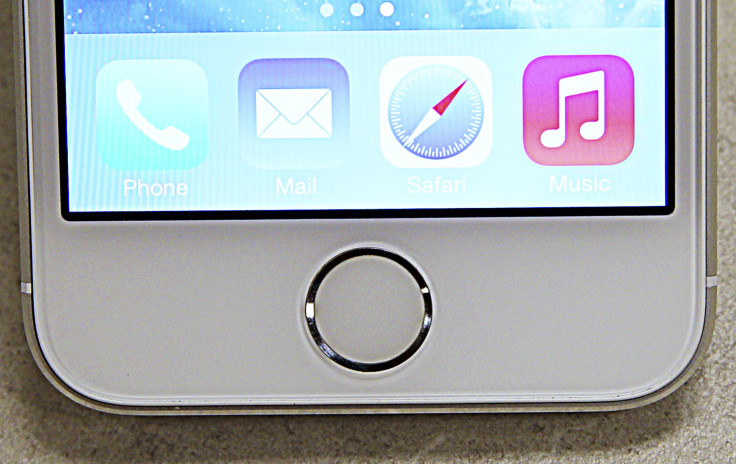Apple Patents Behavior Recognition Technology For Future iPhones

Future iPhones may be so smart that they will be able to recognize their owners.
Apple Inc. (NASDAQ:APPL) may adopt behavioral recognition technology on its mobile devices, which would allow its smartphones and tablets to analyze their owner's behavior as well as aspects of their environment and use this knowledge as a security measure.
The Cupertino, California-based company filed a patent for a feature called “Generating notifications based on user behavior,” which was published by the U.S. Patent and Trademark Office on Thursday.
The technology tracks locations, motion sensor data and input gesture patterns, according to Apple Insider. It can also detect a user’s speech patterns, how they hold and handle their phone and their browsing habits to determine the identity of the user. If the smartphone cannot verify its owner the user will have to authenticate the device with a passcode.
Michela Menting, a security analyst at ABI Research, gave International Business Times an example of how this behavioral recognition might work. If a user goes to Facebook first 90 percent of the time and then checks email secondly, a reversal of that normal pattern of usage or tapping the screen a little bit differently the device will ask for security authentication such as a PIN, a password or a fingerprint scan.
Menting says the benefit of behavioral recognition technology is that it's nonintrusive. “You just do what you normally do with your phone and when its someone other than you the phone will kick up and say, ‘you’re not [the owner] so put in the password so that I know its you,’” she said.
Since smartphones are constantly receiving input from their users, the behavioral recognition feature groups similar behaviors rather than analyzing each individual behavior. This truncates the amount of information processing the feature has to undertake. All the learned information is stored on a database within the device.
Additionally, the feature employs numerous sensors and tracking mechanisms, but users with privacy concerns can program the database to ignore various identifiers like location.
Behavioral analysis is a trend being adopted by many companies. Google Inc. (NASDAQ:GOOG) showcased its own behavioral recognition feature at its I/O conference in June. The feature, called personal unlocking, similarly uses various user cues to authenticate a smartphone’s owner.
Dave Burk, Android's director of engineering demonstrated at Google I/O, said that when his smartwatch was paired to his phone through Bluetooth, the phone "knew" it was he, and he was able to access the device with a simple swipe to unlock. However, when he unpaired the smartwatch, the device prompted him to enter a passcode. Personal unlocking will be a part of the new Android L software, which will be available this fall.
It is currently unknown whether Apple will implement behavioral recognition on its own iOS mobile software.
© Copyright IBTimes 2024. All rights reserved.






















